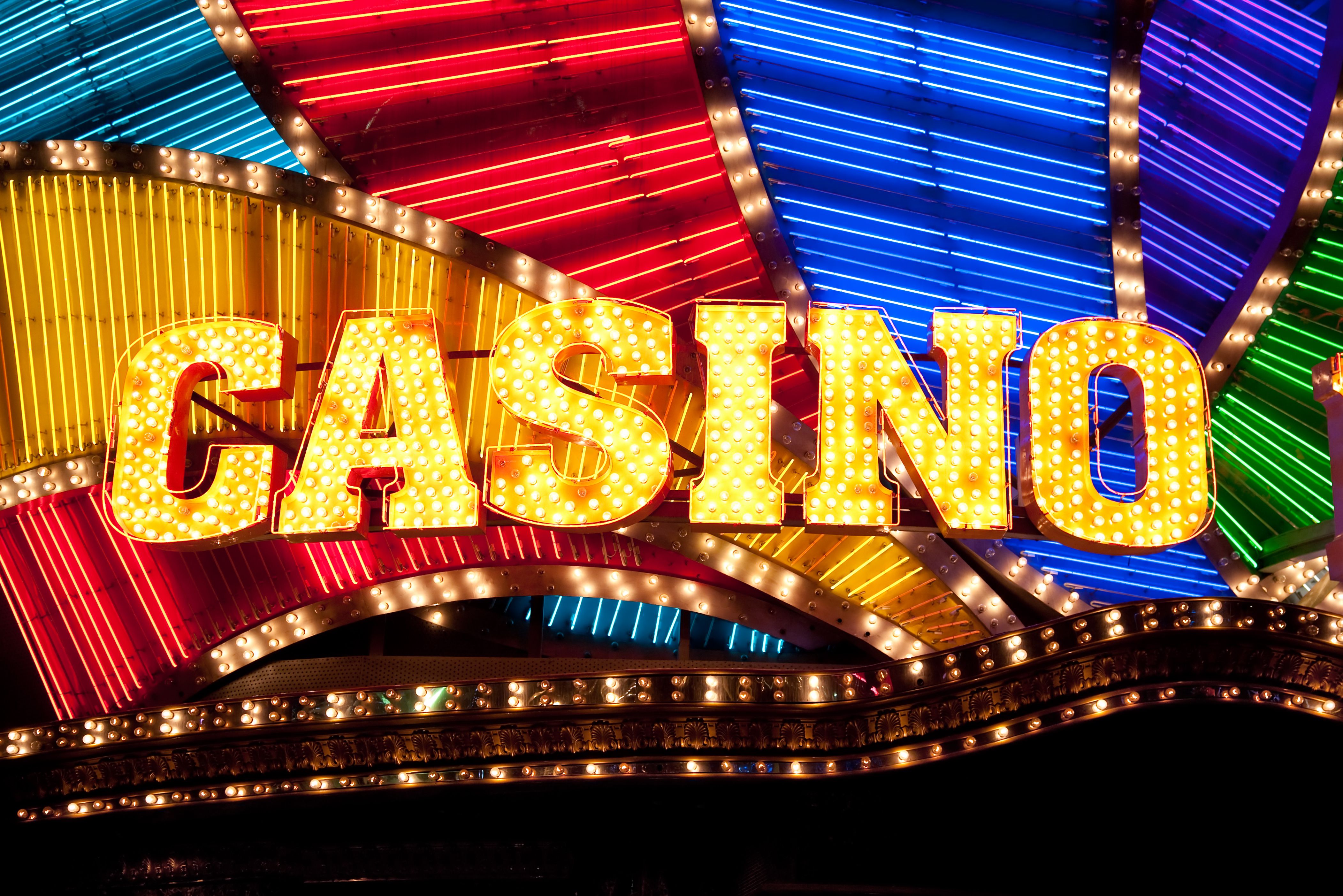
Within the dynamic world of casinos, where the air humms with enthusiasm and the clattering of tokens permeates the environment, the position of a game dealer is both essential and fascinating. Every day, these skilled professionals step into a realm where luck and tactics intertwine, guiding players through the highs and lows of their chosen casino games. From table games like 21 and texas hold ’em to the revolving wheels of roulette, dealers facilitate the gameplay while ensuring that every game operates smoothly and fairly.
As the day breaks on another busy day, a casino game dealer prepares to dive in this vibrant setting. Their responsibilities extend beyond just dealing cards or spinning a wheel; they are also entertainers, customer service representatives, and keepers of the game regulations. Each shift brings new obstacles and interactions, making every day unique in the life of a dealer. This behind-the-scenes look will examine the day-to-day operations of a casino game dealer, showcasing the expertise and insights that make this career both thrilling and fulfilling.
The Role of a Gambling Table Dealer
A gambling table croupier is at the core of the gambling experience, orchestrating the flow of the play while making sure that players are engaged and entertained. Their primary duty is to manage the game, which involves distributing cards, rotating the wheel, or handling the chips, based on the game being played. Dealers must have a deep understanding of the regulations and guidelines governing each game, while also maintaining a welcoming and approachable demeanor to enhance the gambling atmosphere.
In addition to overseeing the gameplay, croupiers must also monitor on the players and the environment around the table. This includes watching for any indications of cheating, making sure that everyone is following the rules, and addressing any conflicts that may arise among players. Effective communication skills are essential, as dealers often provide explanations about the rules and mechanics and offer assistance to those who may be new to casino games.
Moreover, a croupier’s role extends past just the mechanical aspects of the game. They play a crucial part in crafting an enjoyable experience for the players. This requires building a connection with patrons, being attentive to their needs, and often adding an aspect of entertainment into the game. casino online non AAMS It’s this combination of skill, vigilance, and interpersonal relationship that makes the role of a gambling table dealer both challenging and rewarding in the dynamic world of casino games.
Daily Responsibilities and Challenges
One of the key responsibilities of a dealer in a casino is to manage the multiple games provided at their table, making sure a smooth and satisfying experience for players. Dealers must be proficient at distributing cards, counting chips, and maintaining the continuity of the game. This requires a deep understanding of the rules of each game, from blackjack to roulette, and the ability to address players’ questions while keeping the game progressing. Attention to precision is crucial, as dealers must track bets, pay out winnings correctly, and watch for any cheating or discrepancies at the table.
In addition to managing the game per se, dealers face challenges such as managing difficult players. The casino environment can be stressful, particularly during intense games, and a dealer must remain composed and professional at all times. They need strong interpersonal skills to navigate interactions with players who may be upset about losses or dissatisfied with the game’s speed. Navigating these situations delicately is important in ensuring a positive atmosphere on the casino floor.
Another major responsibility is maintaining the integrity of the game. Dealers must be alert and observant, watching for any signs of player cooperation or cheating among players. This involves not only a strong knowledge of the games but also an awareness of player psychology. They must also follow the casino’s rules and procedures, taking part in regular training sessions to keep updated on rules and protocols. Balancing these responsibilities while providing excellent customer service is what makes the role both difficult and fulfilling for a casino game dealer.
Qualities and Qualities for Success
A successful casino game dealer must have excellent communication skills. This includes not only the ability to explicitly explain game rules and procedures to participants but also the capacity to connect with them in a cordial and professional manner. Cultivating rapport with guests can enhance the gaming experience and promote repeat visits to the casino. Proficient communication enables dealers to manage tables smoothly while ensuring that players feel appreciated.
Additionally, strong mathematical skills are essential for a dealer. Quick calculations are often required to keep track of bets, payouts, and game outcomes in real-time. A dealer’s ability to perform these numerical tasks accurately and swiftly contributes to the overall efficiency of the game. This skill helps in maintaining the flow of play and in minimizing disputes or misunderstandings with players, which is crucial in a fast-paced casino environment.
Lastly, an ideal casino game dealer should demonstrate integrity and professionalism at all times. Trust is a key component of the gaming experience, and players must feel assured that the games are conducted equitably and transparently. A dealer’s devotion to upholding high ethical standards fosters a positive atmosphere at the table and enhances the casino’s standing. Being dependable in behavior ensures that dealers leave a memorable impression on guests, which can lead to a loyal customer base.
